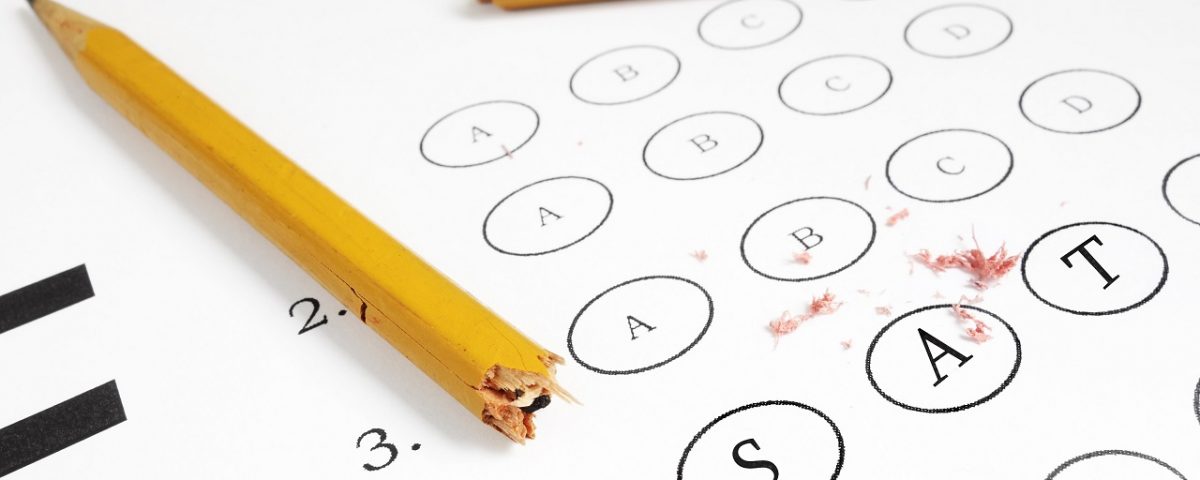Should Your Child Retake the SAT? Here’s What You Need to Know

5 Essential Qualities to Look for in a Tutor: Your Guide to Making the Right Choice
November 1, 2024
4 Guaranteed Ways to Score Low on the SAT
November 21, 2024Your child’s SAT scores are in, and now it’s decision time. While the results might not have hit that perfect 1600 mark, or even the score they had aimed for, this isn’t the end of the road. If they scored a 1400, a 900, or somewhere in between, you may be wondering if retaking the SAT is the right choice. This is a question nearly all students face during their college application journey, and there’s no one-size-fits-all answer. Several factors can help determine whether a second—or even third—attempt is worth it.
In fact, most students take the SAT more than once, often to improve their scores and broaden their college options. But when does it make sense to retake the SAT, and how many attempts are too many? Understanding the potential benefits, alongside the time and energy commitments, can help you make an informed decision that keeps your child on the path to college success.
To Retake or Not to Retake: What’s at Stake?
An SAT score that falls short of your child’s goal can seem like a setback, potentially impacting scholarship eligibility and the likelihood of receiving acceptance letters from more competitive schools. However, statistics show that many students who retake the SAT improve their scores on subsequent attempts. This boost is often most pronounced after the second or third try as students become more familiar with the test format, overcome initial nerves, and hone in on their weaker areas.
While retaking the SAT could lead to better scores, it’s not a decision to take lightly. Achieving a higher score often requires focused preparation and can mean significant time spent studying. Additionally, retaking the SAT involves another registration fee, setting aside a Saturday morning, and preparing to handle any lingering test anxiety. If your child is motivated to improve their score, it’s essential to commit fully to the process rather than relying solely on previous preparation.
Analyzing Your Child’s SAT Score: The First Step
Before deciding on a retake, review your child’s current score. Did they come close to their target, or is there a substantial gap between the scores they achieved and the scores that would make them competitive at their top-choice schools? If they were just a few points shy, retaking the SAT may make sense, especially if their goal includes admission to selective institutions where higher scores can open more doors.
A second SAT attempt also gives students valuable insight into their strengths and weaknesses, helping them better understand the types of questions they struggle with—whether that’s vocabulary, grammar, math, or reading comprehension. With this insight, your child can target their studies, focusing on areas needing improvement and maximizing their preparation.
It’s also important to consider what may have led to their initial score. Did they have enough time to prepare, or did test anxiety play a role? If test-day nerves interfered, this is something that targeted preparation and strategies can often alleviate, helping students approach the SAT with greater confidence and control. Working with a tutor or joining a prep course could be beneficial, providing personalized strategies and test-taking techniques tailored to reduce anxiety and improve performance.
Building a Test Prep Strategy for SAT Success
If your child decides to retake the SAT, remember they’re in good company. Many students take the SAT multiple times in pursuit of their best possible score. A well-structured test prep plan can make all the difference, providing the foundation for success on test day. Programs dedicated to SAT prep can offer structured guidance, practice tests, and expert advice tailored to the SAT format.
Additionally, working with an experienced tutor or participating in a group course could be a game-changer. Tutors often offer unique insights and strategies for tackling challenging sections, such as time management during the reading section or efficient approaches to solving complex math problems. With regular practice and targeted strategies, your child can approach their next SAT attempt with confidence, knowing they’re better prepared than before.
The Final Decision: Should They Retake the SAT?
Deciding whether to retake the SAT ultimately comes down to your child’s goals, their current score, and the time they’re willing to invest in preparation. A single retake, backed by focused preparation, can often result in a noticeable score improvement. However, if taking the test multiple times is affecting their other commitments or causing stress, it may be wise to focus on alternative ways to strengthen their college applications, such as highlighting achievements, extracurriculars, or personal projects.
In the end, a well-considered approach to retaking the SAT—whether it’s for a second, third, or even final attempt—can support your child’s college ambitions, providing them with the best possible chance to showcase their skills and determination.


